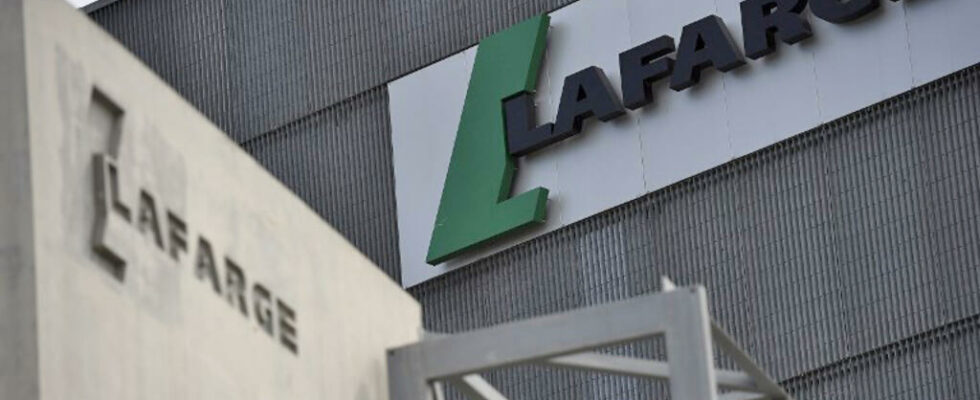Three investigating judges on Wednesday, October 16, ordered a trial for financing terrorism against the Lafarge group and eight people, including former managers, for having continued the cement manufacturer’s activities in Syria until 2014.
2 mins
All those involved “ have, in a logic of seeking profits for the economic entity they served, or for some direct personal profit, organized, validated, facilitated or implemented a policy involving sending financing to terrorist organizations established around the cement factory » in Jalabiya, Syria, according to the referral order to the criminal court consulted by AFP.
The Lafarge group, now a subsidiary of the Swiss group Holcim, and the eight defendants, members of the operational chain or the security chain, Syrian intermediaries, as well as the then general director of Lafarge SA, Bruno Lafont, will be tried for financing terrorist enterprises and, for some, non-compliance with international financial sanctions, from November 4 to December 9, 2025, according to a provisional schedule.
Also readSyria: Lafarge indicted for “complicity in crimes against humanity”
The investigating judges, on the other hand, ordered a dismissal of the case for the former director of security Jean-Claude Veillard, indicted in this case since the end of 2017. ” After seven years of relentless legal combat, the innocence of Jean-Claude Veillard has finally been established. It’s a big relief », Reacted to AFP his lawyers, Me Sébastien Schapira and Me Antoine Galudec.
The group is suspected of having paid in 2013 and 2014, via its Syrian subsidiary Lafarge Cement Syria (LCS), five million euros to jihadist groups, including the Islamic State (IS) organization, and to intermediaries in order to maintain the activity of a cement factory in Jalabiya, even as the country plunged into war.
“ The company retained its decision-making autonomy, and could have ended operation of the factory at any time, particularly when its managers became aware of the financial demands of the terrorist entities. », Write the investigating judges.
“ By agreeing to pay these entities, the company evaluated the rewards it could obtain, such as the unblocking of roads, the free movement of trucks and factory employees thanks to the issuance of passes. », they add.
The judicial information component, opened in June 2017, concerning suspicions of complicity in crimes against humanity by society, is still ongoing.
Also readFinancing ISIS in Syria: by pleading guilty, Lafarge pays $778 million
